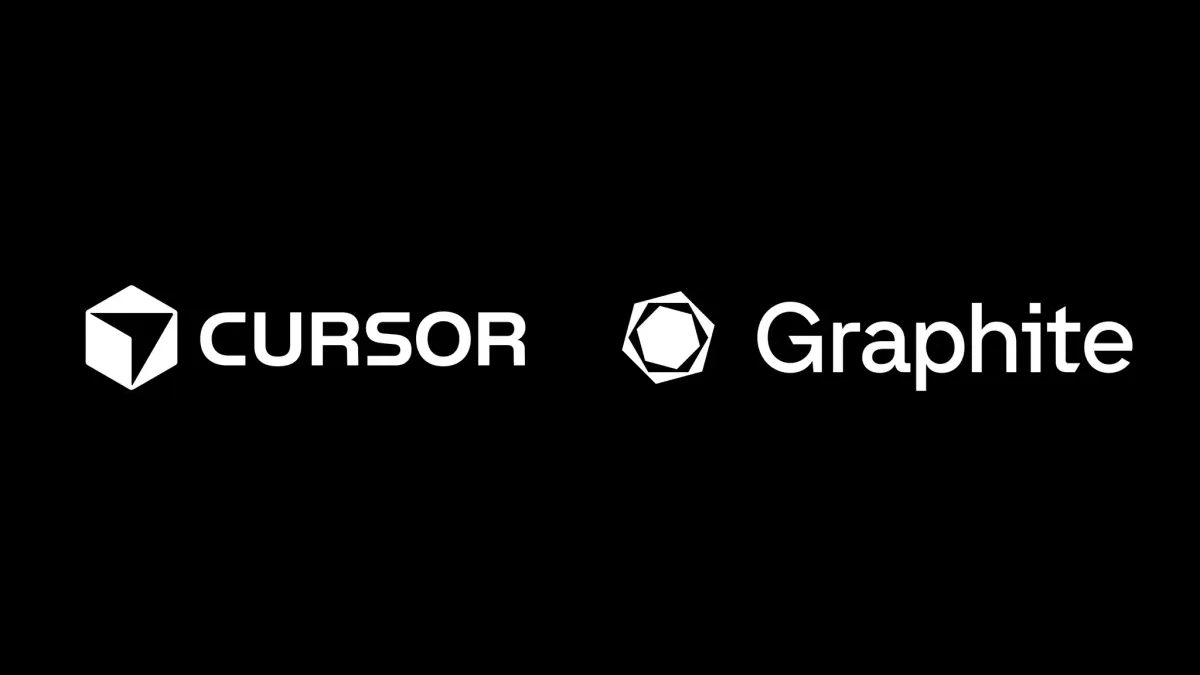Meta has updated the blog post detailing how it planned to train its models on public data from European users to express its disappointment regarding the opposition its plans have faced from the Irish Data Protection Commission (DPC), Meta's lead European regulator, and the UK's Information Commissioner’s Office (ICO). Meta has agreed to stop its plans to train large language models (LLMs) on user data until it can appease the safety concerns arising from Meta's updates to its privacy policy and the company's approach to data collection. However, Meta's complaint is rooted in that the company claims its approach complies with European laws and regulations.
According to Meta, it sent more than two billion in-app notifications and emails explaining the updates to its privacy policy and data collection approach starting May 22. Moreover, the notification allegedly contained a link to an objection form allowing users to object to Meta training LLMs on their data. To drive the point home, Meta also pointed out that it had looked at its previous privacy policy updates and the approaches of its industry counterparts to find that its form was "easier to find, read and use than those offered by other companies offering generative AI in the EU", as allegedly, it can be accessed with three clicks, requires a small number of fields to be filled, and is designed to be accessible for people with a lower reading age, even though Meta does not plan to train its models on information collected from Europeans under 18 years old.
Still, the non-profit NOYB (“none of your business”) found it pertinent to remark that, under European law, processing of personal data requires an opt-in, or permission, rather than an opt-out. Moreover, one report has pointed out that Meta handled the process differently by questioning why the privacy policy update was handled via a run-of-the-mill notification, rather than a prominent, top-of-the-feed notification like the ones Meta has been issuing during the elections, prompting its users to vote. Finally, the wording in the notification invites users to learn more about how Meta uses their information; at no point is there an indication that there is a choice to be made.

Fortunately for those users deciding to opt out, Meta has stated it would honor every request, even if the form says that honoring objection form requests is entirely at the company's discretion. That is if they can find the form in the first place since the same report found that the objection form is hidden behind more clicks than the three Meta mentions in its blog post. Meta's final justification for its approach is that it falls under "legitimate interests", namely, that the need to collect personal data arises from a "legitimate interest" to provide the best possible service to its European customers. According to NOYB, that legitimate interests can override GDPR protections for public social media data is unlikely, making Meta's declaration false, or at best shaky.





Comments